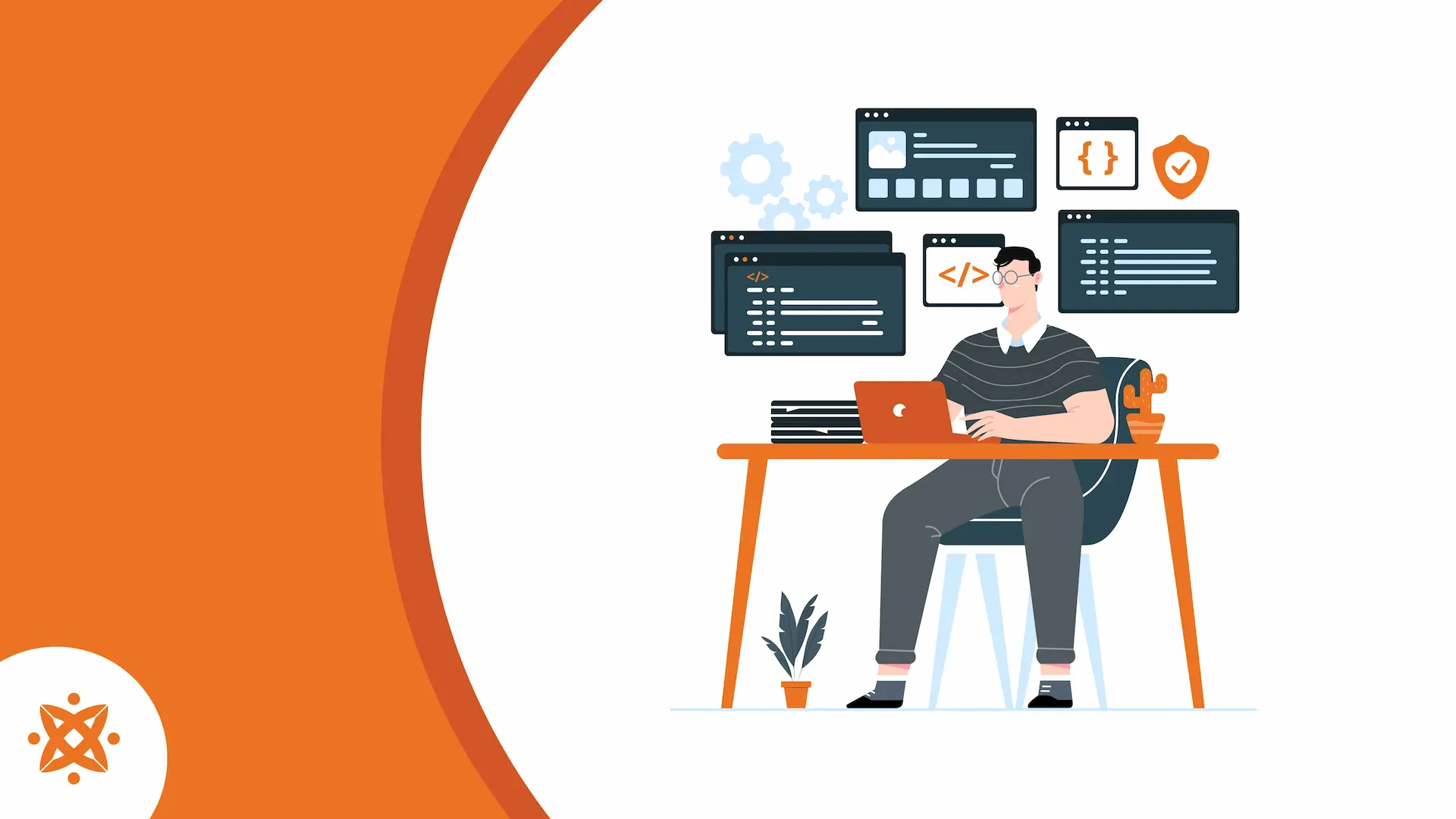
Die Bedeutung von Android-Apps:
Mobile Apps helfen uns, unser tägliches Leben zu erleichtern. Es bietet uns intelligente und schnelle Lösungen, die den Zeit- und Arbeitsaufwand minimieren. Zum Beispiel:
- E-Marketing: Wie Amazon, das es einfach macht, Produkte zu kaufen.
- Transport: Wie Uber, das das Pendeln bequemer und einfacher gemacht hat.
- Fitness und Gesundheit: Wie Fitness Pal, das Ihnen hilft, Ihre Gesundheit zu überwachen und Ihren Lebensstil zu optimieren.
- Kommunikation: WhatsAppund Telegramhaben die Welt vernetzter gemacht als je zuvor.
- Bildung: QuestionPround Duolingo, die Ihnen helfen, Ihr Wissen zu verbessern und Ihre Fähigkeiten zu entwickeln.
- Unterhaltung: Netflix und Spotify, die beide ein angenehmes Erlebnis beim Ansehen von Filmen und Serien und beim Hören von Musik bieten.
| App Type | Development Timeline |
|---|---|
| Simple App | 2-4 months |
| Moderate App | 4-6 months |
| Complex App | 9+ months |
| Complex App | 9+ months |
The best programming languages for Android app development are listed below:
- Java
- Kotlin
- Kotlin Dart
- C++
- C#
- JavaScript
- Java
- Python
- React Native
- Swift
- Xamarin
- HTML and CSS
1. Java
Java ist eine allgemeine, objektorientierte Programmiersprache, die bei der Entwicklung von Android-Apps weit verbreitet ist. Als eine der ersten offiziellen Sprachen für Android wird sie von den Android Studio-Programmiertools vollständig unterstützt und bietet eine hohe Kompatibilität mit dem Android SDK. Die robuste Architektur von Java eignet sich für umfangreiche, leistungsstarke Anwendungen, die eine sichere Speicherverwaltung und effizientes Multithreading erfordern.
Zu den wichtigsten Merkmalen von Java gehören Plattformunabhängigkeit, objektorientierte Programmierung (OOP), Standard-APIs, automatische Garbage Collection, Multi-Threading-Unterstützung und eine skalierbare Architektur.
Java eignet sich am besten für die Entwicklung komplexer Android-Anwendungen, die hohe Leistung, Skalierbarkeit und langfristige Wartung erfordern.
Pros:
- Fully supported by Android development tools like Android Studio.
- Strong object-oriented programming (OOP) principles for maintainability.
- Large community and extensive third-party libraries.
- Secure and efficient for enterprise applications.
Cons:
- Verbose syntax makes development slower compared to Kotlin.
- Higher memory consumption due to JVM overhead.
- Requires more boilerplate code, increasing complexity.
At Intelivita, we offer expert Cross-Platform Mobile App Development Services, leveraging the latest technologies to deliver high-performance apps that work seamlessly across both Android and iOS.
What is Android App Development?
Die Entwicklung von Android-Apps ist der Prozess der Erstellung von Anwendungen für Android-Geräte mit Sprachen wie Java, Kotlin und Dart. Dazu gehören Kodierung, UI-Design, API-Integration, Tests und Optimierung, um die Funktionalität auf verschiedenen Bildschirmgrößen und Android-Versionen sicherzustellen.
Apps sind entweder nativ, d.h. speziell für Android entwickelt, oder plattformübergreifend, d.h. sie nutzen Frameworks wie Flutter und React Native, um auf mehreren Betriebssystemen zu laufen. Entwickler verwenden Android Studio, SDKs und andere Tools zum Erstellen, Testen und Bereitstellen von Anwendungen für Smartphones, Tablets und andere intelligente Geräte.
At Intelivita, we offer expert Cross-Platform Mobile App Development Services, leveraging the latest technologies to deliver high-performance apps that work seamlessly across both Android and iOS.
At Intelivita, we offer expert Cross-Platform Mobile App Development Services, leveraging the latest technologies to deliver high-performance apps that work seamlessly across both Android and iOS.
What Programming Languages Are Used for Cross-Platform App Development?
The common programming languages used for cross-platform app development are listed below:
- JavaScript – Used with frameworks like React Native, allowing developers to build apps that run on both Android and iOS from a single codebase.
- Dart – The primary language for Flutter, offering fast execution, a reactive UI framework, and support for multiple platforms.
- C# – Works with Xamarin to create cross-platform apps while maintaining access to native APIs and performance optimization.
- Python – Used with frameworks like Kivy and BeeWare, enabling code reuse for mobile applications across different operating systems.
- HTML, CSS, and JavaScript – Combined for hybrid app development with tools like Apache Cordova and Ionic, allowing web-based apps to function on mobile devices.
These cross-platform app development languages enable developers to write code once and deploy it across multiple operating systems, reducing development time and effort.

